Microsoft does not think the Epic/Apple App Store case should affect the Xbox, judge disagrees
3 min. read
Published on
Read our disclosure page to find out how can you help MSPoweruser sustain the editorial team Read more

We have written extensively about Epic’s challenge to Apple’s App Store and its closed distribution on the iOS platform.
Epic’s main aim is to allow iOS users to freely install 3rd party app stores and bypass both Apple’s fees and their control over which apps are allowed to run on the platform.
Microsoft appeared to be above the fray when it came to the issue – in most cases Windows users are able to install any app they want without paying Microsoft anything.
Microsoft does, however, control one very managed platform – the Xbox, where developers similarly have to pay a fee to be allowed to sell their apps, pay Microsoft a share of in-app purchases, and where they have to comply with Microsoft’s restrictions, and crucially are not allowed to bypass their gatekeeping.
Recently Judge Yvonne Gonzales Rogers of the District Court for the Northern District of California warned Epic Games’ lawsuit against Apple could have “serious ramification” for Sony, Microsoft, and Nintendo, saying:
Indeed, Sony, Nintendo and Microsoft all operate similar walled gardens or closed platform models as Apple, whereby the hardware, operating system, digital marketplace, and IAPs are all exclusive to the platform owner.
Epic Games’ avers that the iOS platform is unique from other gaming devices. Specifically, Epic Games argues that gaming consoles and computers require electrical outlets and separate screens and thus lack capacity for mobile play, which demands portable, battery operated, and cellularly connected devices with built-in screens.
Yet, Epic Games repeatedly ignored discussion of gaming laptops, tablets, and the Nintendo Switch, all of which can be played in a mobile fashion. These devices could have significant overlap with the iOS platform in terms of the ultimate consumer.
A broad win for Epic could force Microsoft and Sony to open up their consoles, but in an interview with The Verge, Xbox head Phil Spencer disagreed with the view, saying:
If you just look at the scale, there are a billion mobile phones on the planet. Those are general compute platforms. A game console does one thing really; it plays video games. It’s sold, for us, at a loss. Then you make money back by selling content and services on top. The model is just very, very different from something the scale of Windows, or iOS, or Android.
I think there are 200 million game consoles that are sold in a generation across all of our platforms. That’s less than a year of phone sales. It’s just not even close. People say, well, the scale shouldn’t matter. It actually does. When you start looking at how we look at open platforms and access, those things do matter. From a legal perspective, they matter.
With both 200 million and 1 billion being rather large numbers I am not sure Spencer’s argument will go far. And of course, not all consoles are sold at a loss – Nintendo was famous for not doing so for many years, and later in the life cycle of a console the hardware is often sold for a profit.
A better differentiator may be a general-purpose vs single-purpose computing device, but ultimately it will come down to what a supreme court judge believes is the right answer, as any initial victory is very unlikely to be left unappealed.
via PlayStationLife



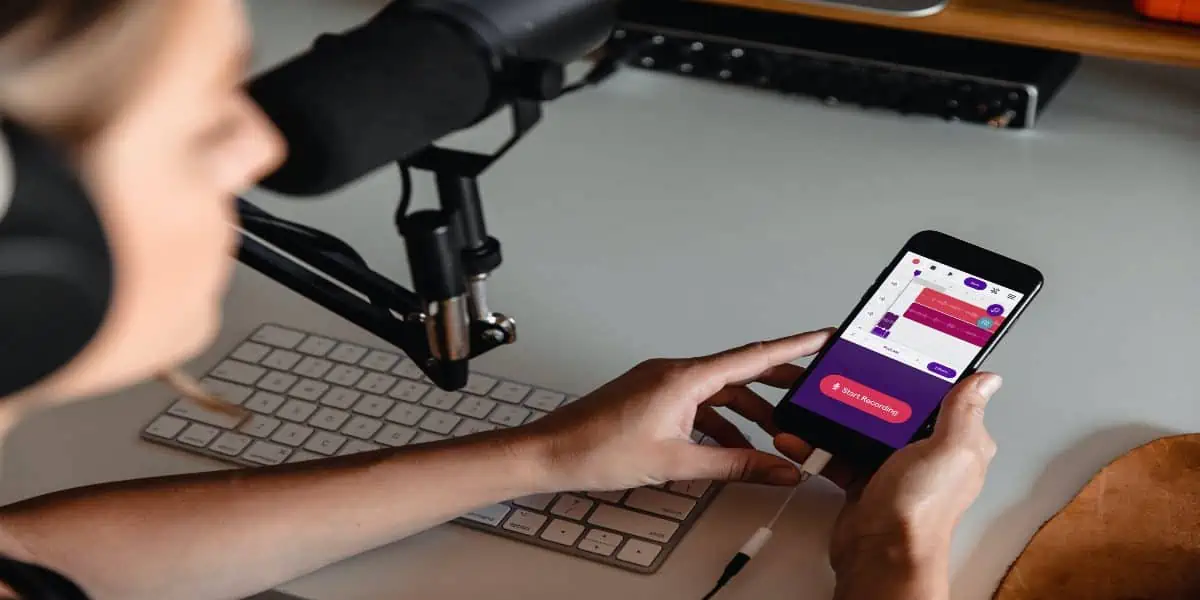
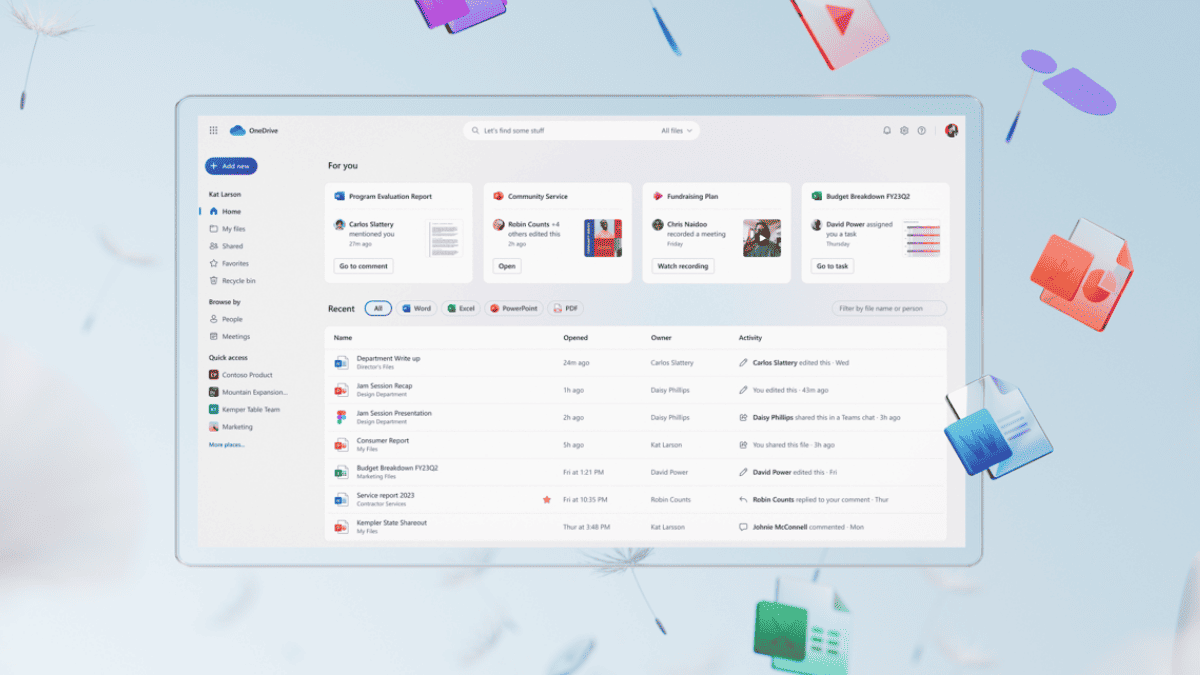
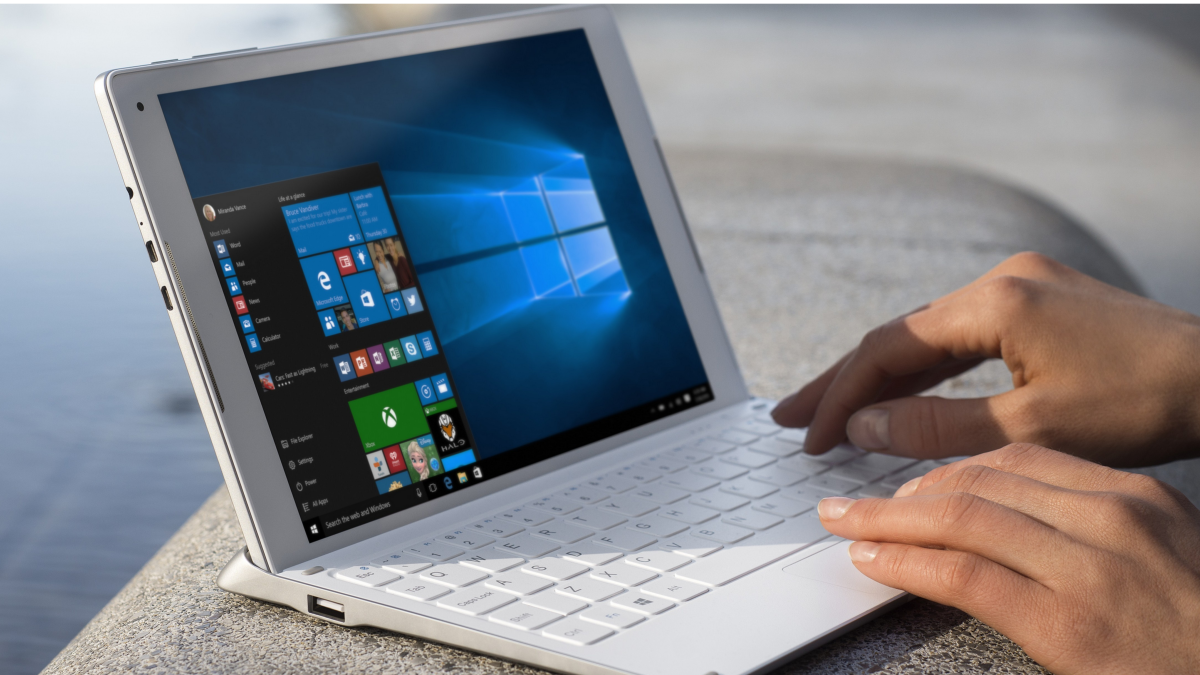
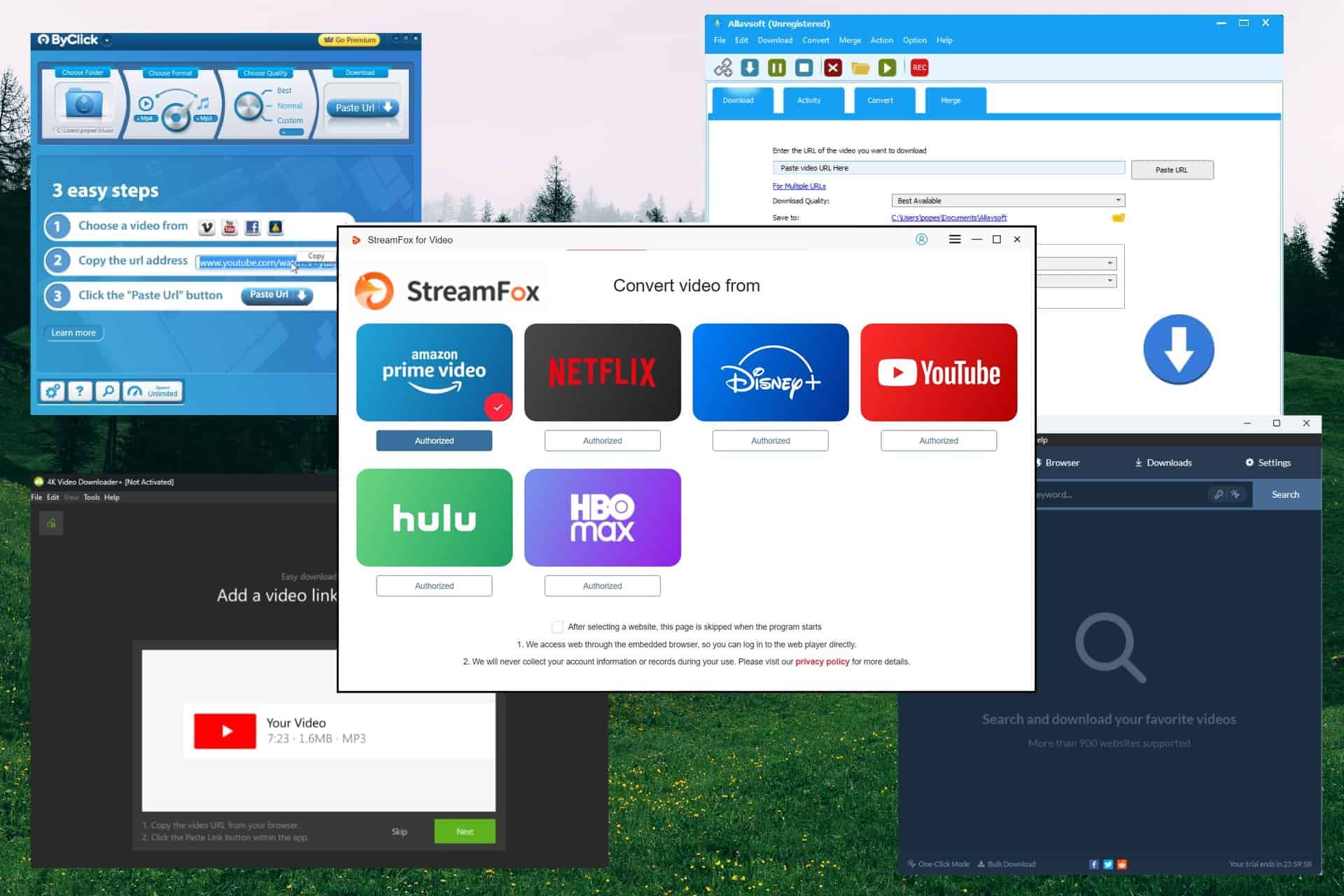
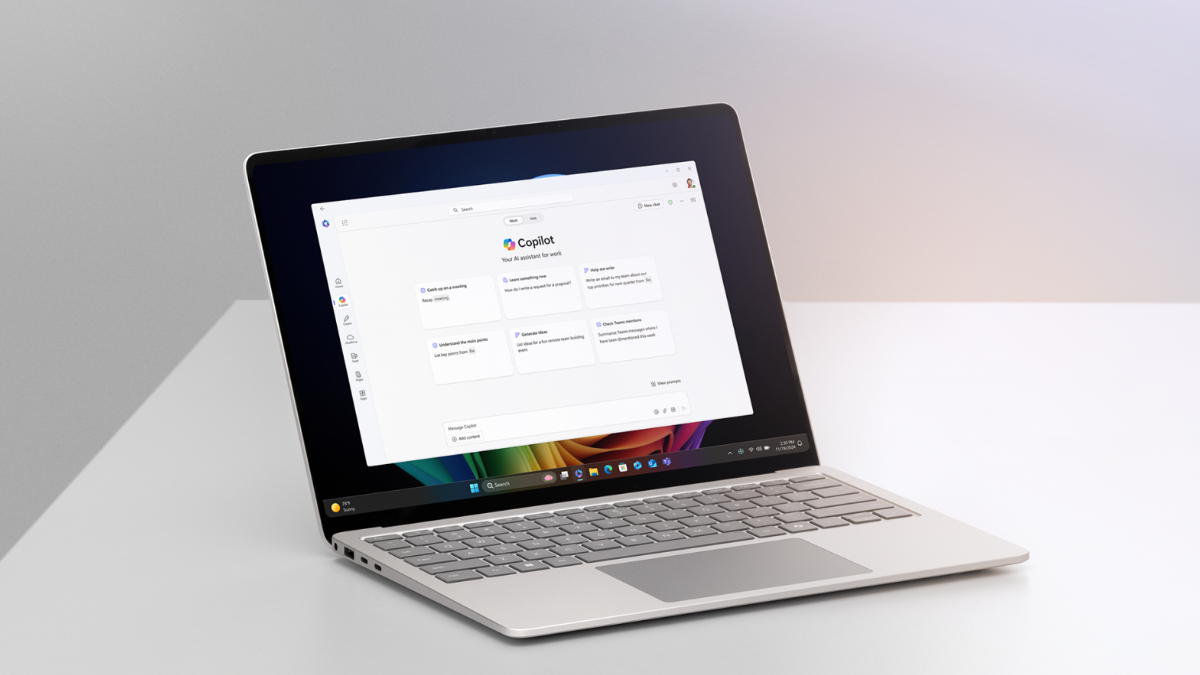
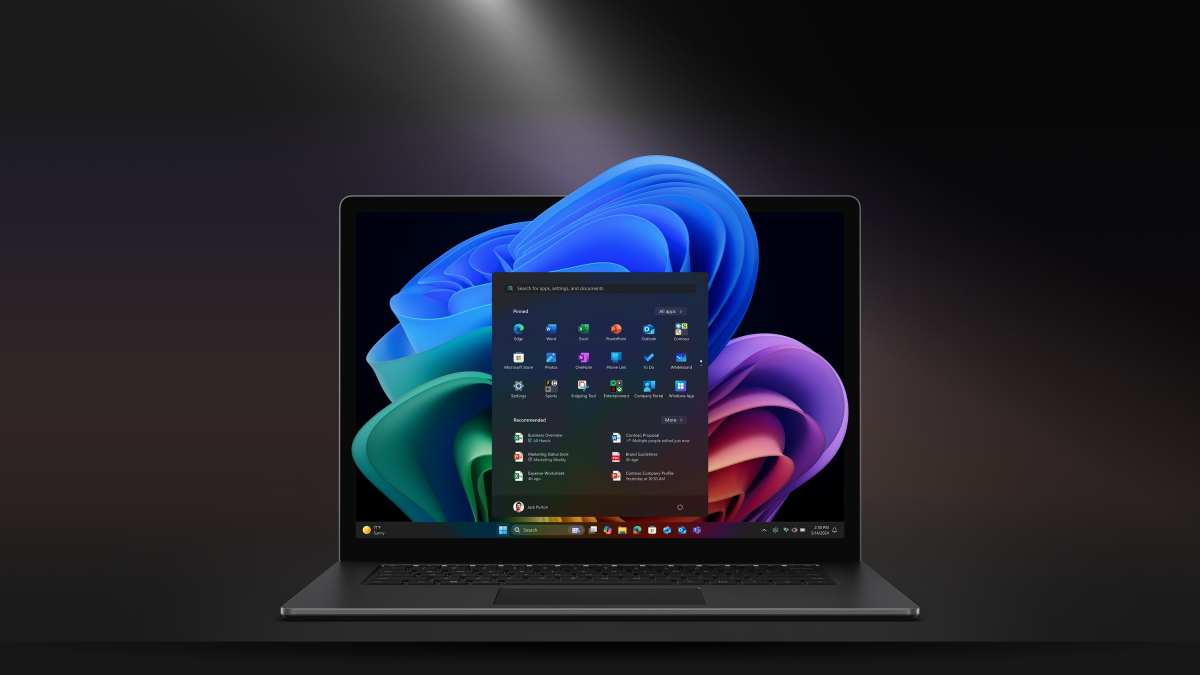
User forum
0 messages